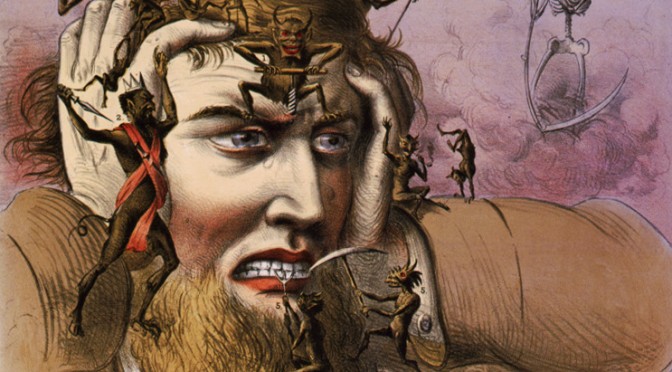
Pain is essential to life, and not just in a Nietzschean, what-does-not-destroy-me-makes-me-stronger sense. It alerts us to injuries and prods us to stop poking at our wounds. It’s God’s megaphone, nature’s cone of shame. Pain is so essential, in fact, that losing our capacity for it can have life-threatening consequences.
Yet we’ve really only begun to understand how pain works in the past 40 years or so, thanks in large part to technological advances. Granted, most painkillers sport a list of side effects that reads like a Tomás de Torquemada’s own torture manual, but at least we understand something of the nervous mechanisms that underpin our owies. That said, just what on Earth is a COX inhibitor? Or an NSAID? And most important of all…



